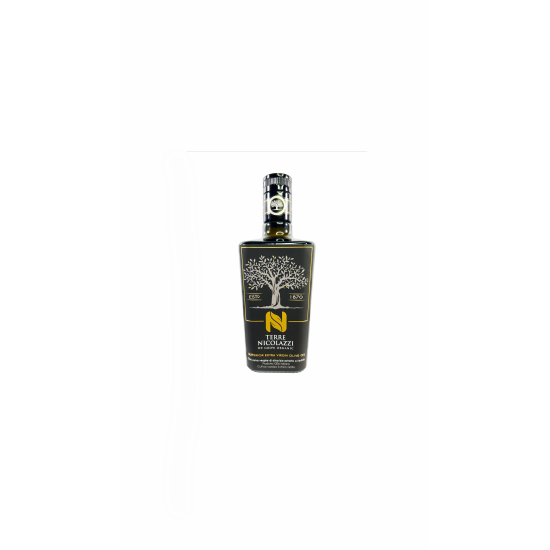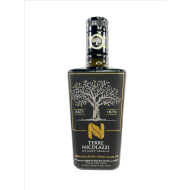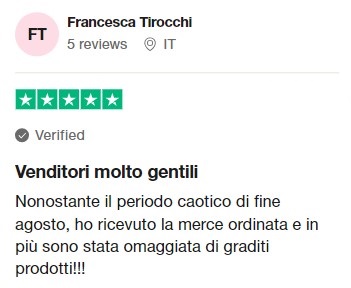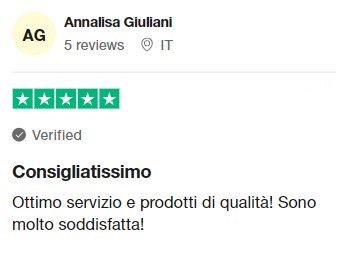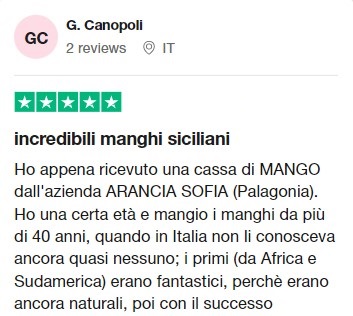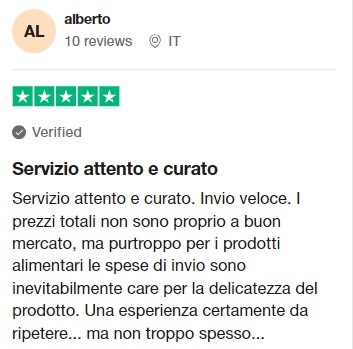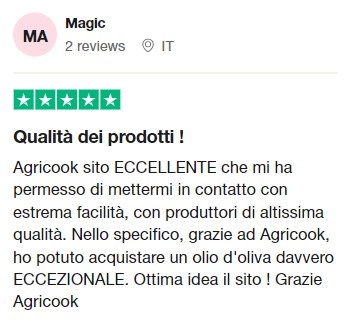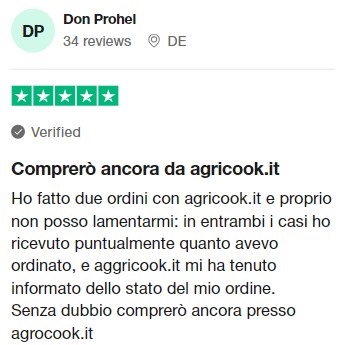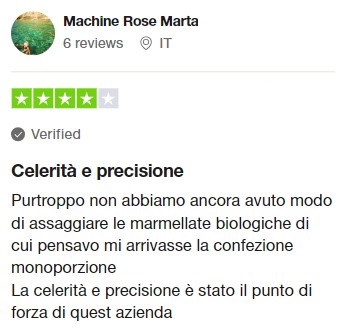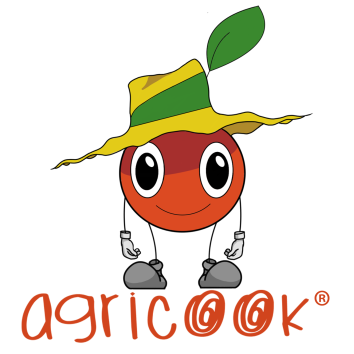SOCIETÀ AGRICOLA KROTONESE
L’azienda agricola biologica della famiglia Nicolazzi si dedica alla coltivazione di olio, legumi, cereali e arance tra gli altopiani della Calabria.
Lavoriamo la terra da sempre, ci occupiamo della coltivazione biologica e della distribuzione di cibo genuino in tutta Italia e nel mondo.
Terre Nicolazzi è una azienda agricola con certificazione biologica che vanta quasi 600 ettari di proprietà situati nelle valli del Marchesato, tra i comuni di Petilia Policastro, Mesoraca e Marcedusa. L’azienda intende trasmettere una forte identità: famiglia, esperienza, qualità e attenzione al futuro nel rispetto della tradizione.
1.
Tutela della salute
Si utilizzano solo sostanze presenti in natura. Sono quindi escluse le sostanze chimiche di sintesi per la concimazione ed il trattamento della terra (concimi, diserbanti, insetticidi).
2.
Tutela dell'ambiente
La lavorazione del terreno prevede un rivoltamento superficiale e la rotazione delle colture. Si intende conservare e migliorare il suolo per un modello di sviluppo che possa durare nel tempo.
3.
Microclima unico
Da 200 ad oltre 400 metri sul livello del mare, 50 km di distanza dalla costa ionica della Calabria. Le proprietà organolettiche dei prodotti sono estremamente caratteristiche.
read_more_text
read_less_text
